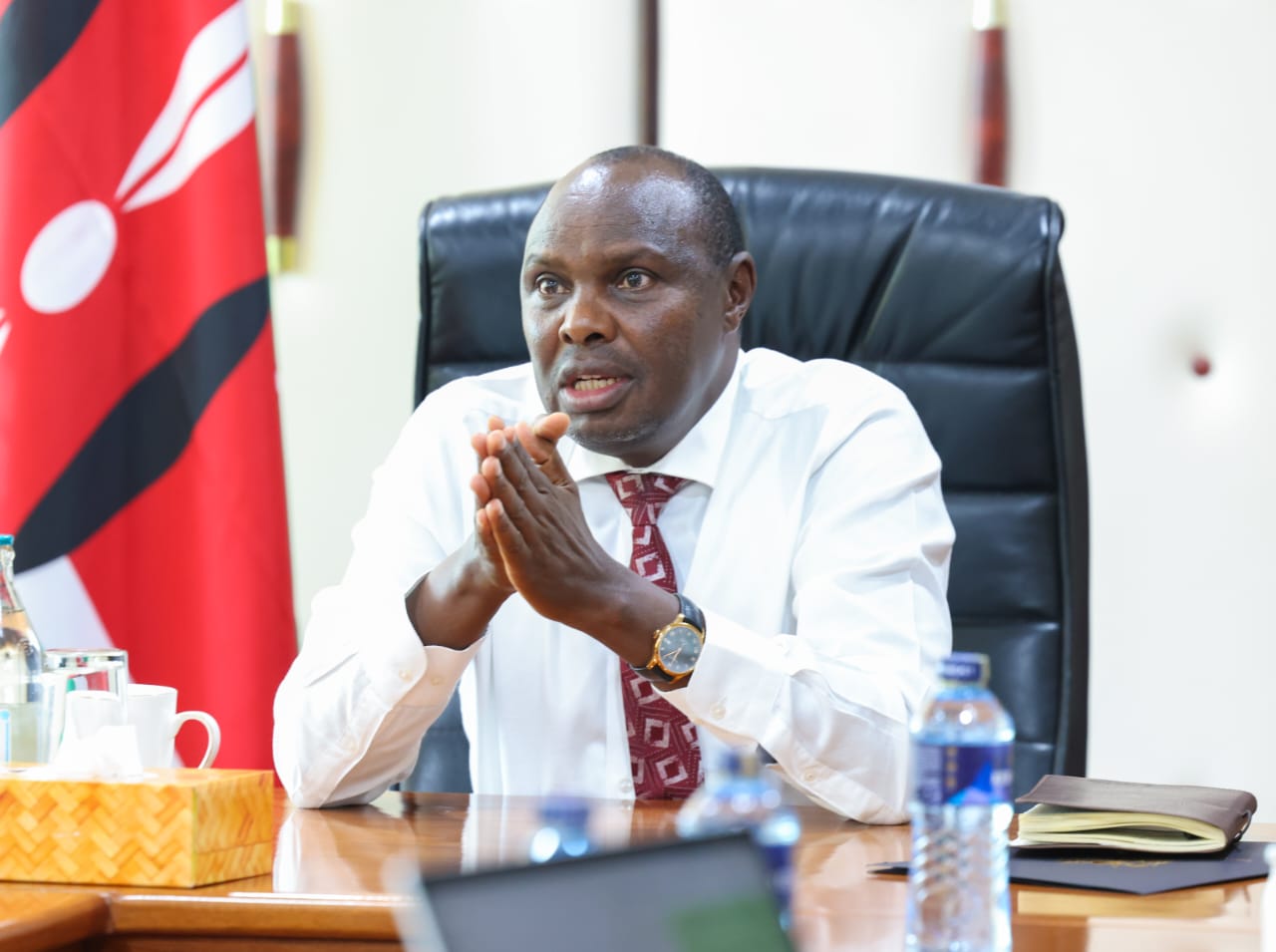
Thousands of public service jobs could be scrapped as Parliament pushes for sweeping reforms in Kenya’s public administration in an effort aimed at eliminating duplication and curbing wastage.
In a report tabled by the Departmental Committee on Labour during its review of the 2025/2026 Budget Estimates, MPs raised alarm over what they termed as “overlapping mandates” between the Public Service Commission (PSC) and the State Department for Public Service and Human Capital Development.
National Assembly Labour Committee chair Richard Chonga, who is also the MP for Kilifi, says there is an urgent need for restructuring of the two institutions to streamline operations and reduce redundancies.
“There is an overwhelming duplication of roles—especially in functions such as human resource management and consultancy—which calls for a comprehensive review of legal frameworks, including the Constitution if necessary,” said Chonga, in the report.
Role duplication has seen President William Ruto’s government grapple with a ballooning wage bill forcing the state to resort to borrowing to pay salaries.
For instance, the government spent Sh415.7 billion—more than half of the funds it borrowed during the financial year ending June 2024—on recurrent expenses such as salaries, allowances, and utilities, in violation of fiscal rules.
The revelations, contained in the draft 2024 Budget Review and Outlook Paper (BROP), expose the mounting strain on public finances driven by missed tax revenue targets and rising pressure to meet day-to-day government expenses.
To initiate the restructuring, the committee has proposed the formation of a high-level taskforce by September 30, 2025, to review the mandates of the two bodies.
The taskforce is expected to submit its findings and recommendations to the National Assembly by December 31, 2025.
The restructuring could trigger significant layoffs as overlapping functions are merged or scrapped altogether, sparking fears among thousands of public servants. Labour committee says the move is part of broader austerity efforts by Parliament to tighten fiscal discipline in the public sector.
In its scrutiny of the 2025/26 budget estimates for key institutions—including the Public Service Commission, the State Department for Labour and Skills Development, and the Salaries and Remuneration Commission (SRC)—the committee noted unexplained discrepancies between budget proposals and the ceilings approved in the Budget Policy Statement (BPS).
For instance, the State Department for Labour saw a Sh1.1 billion reductions in capital expenditure and a Sh44 million cut in recurrent spending. Meanwhile, the PSC’s recurrent expenditure was increased by Sh95 million, and the SRC’s by Sh29.9 million.
The State Department for Public Service and Human Capital Development faced cuts of Sh463.6 million in capital and Sh50.7 million in recurrent expenditure. Beyond structural duplication, the committee also flagged serious challenges in the rollout of donor-funded programs.
Citing the National Youth Opportunities Towards Advancement (NYOTA) program—funded by a World Bank loan and targeting youth employment—the committee revealed that the government’s failure to meet funding obligations has delayed implementation, risking financial penalties if the project’s grace period lapses.
To address such inefficiencies, the committee recommended the establishment of a Multi-Ministerial Standing Committee by June 30, 2025, to coordinate externally funded projects and eliminate bureaucratic delays.
The sweeping recommendations signal a tougher fiscal stance by lawmakers ahead of the 2025/26 financial year, and could lead to one of the most significant public sector shake-ups in recent years.
As the government braces for restructuring, thousands of public service workers now face uncertainty over the future of their jobs.










